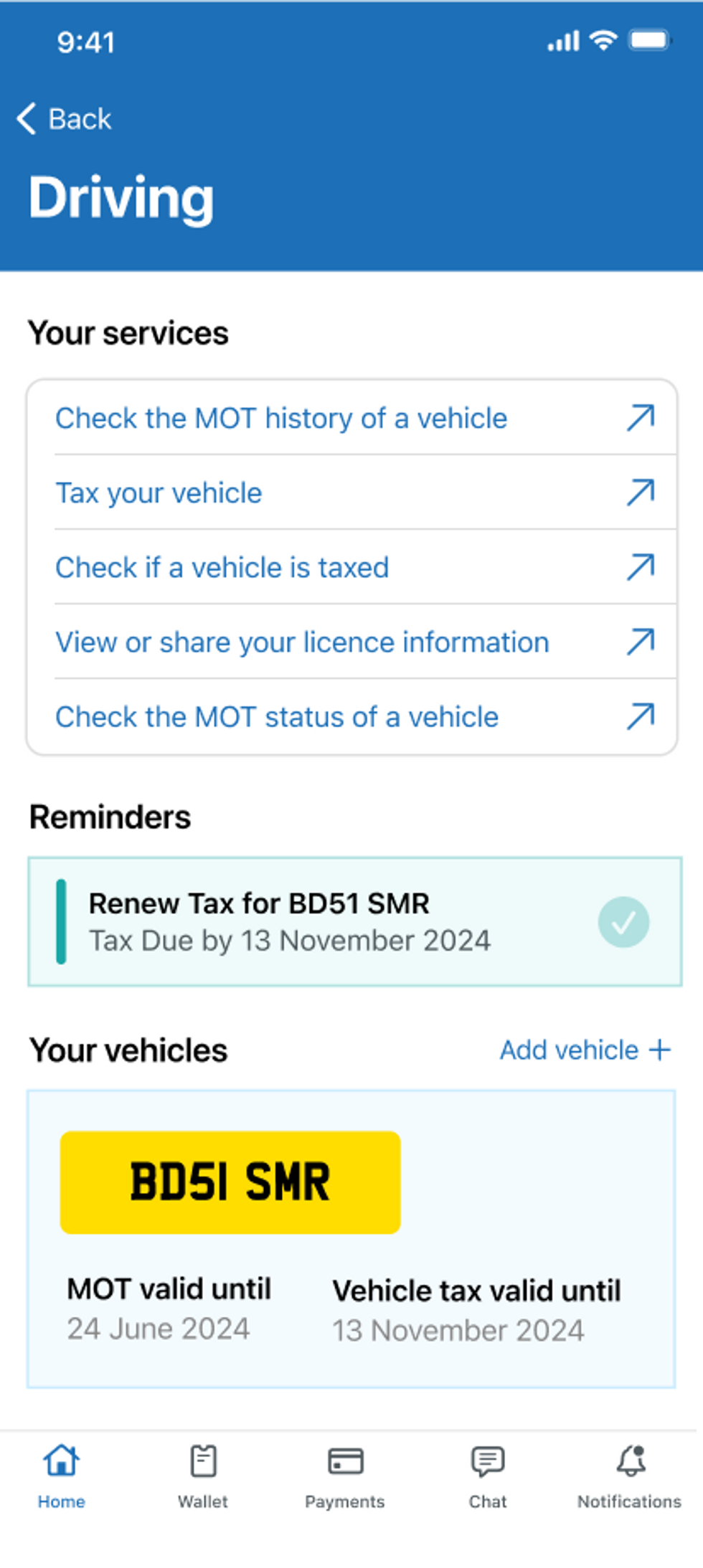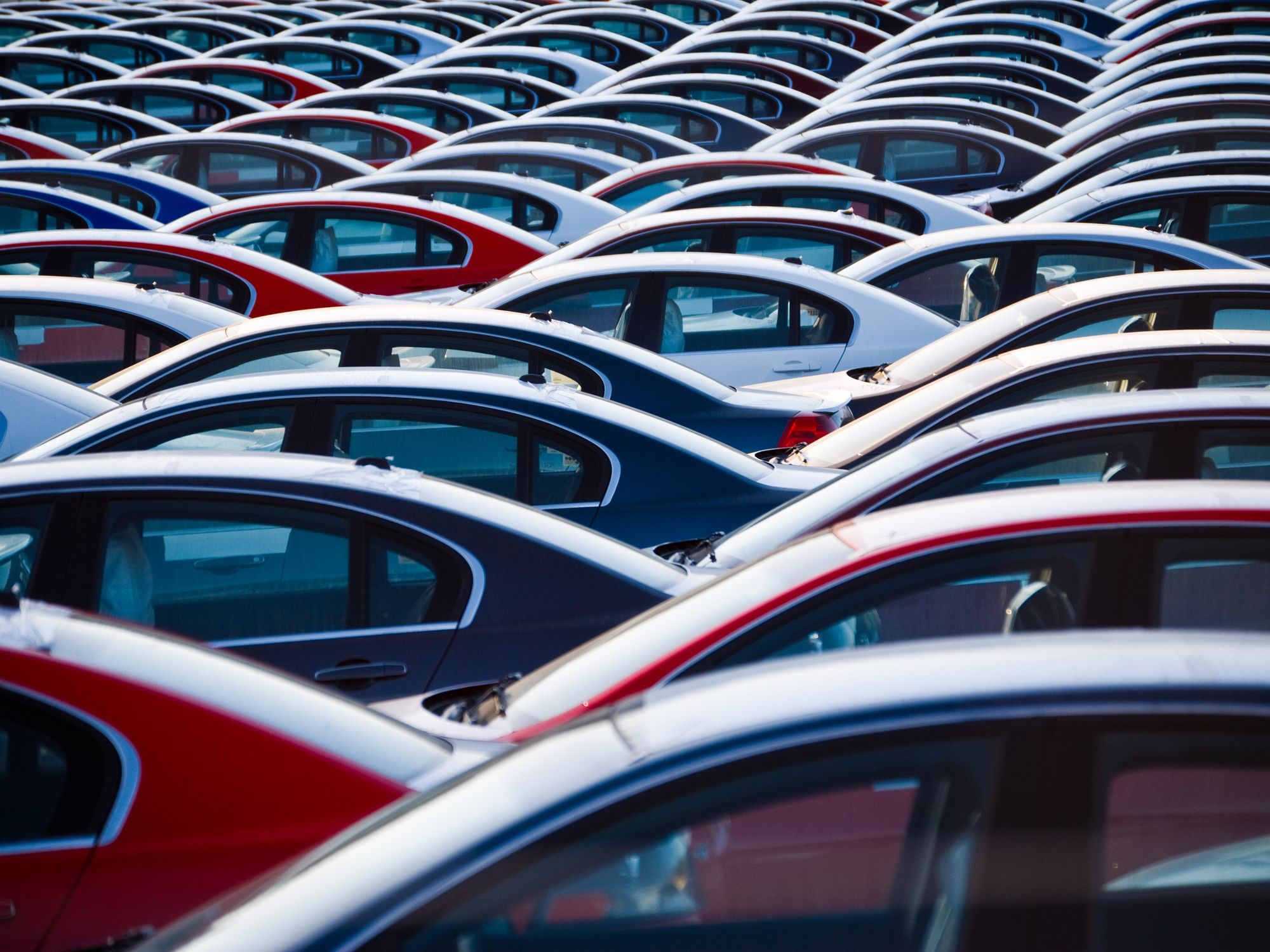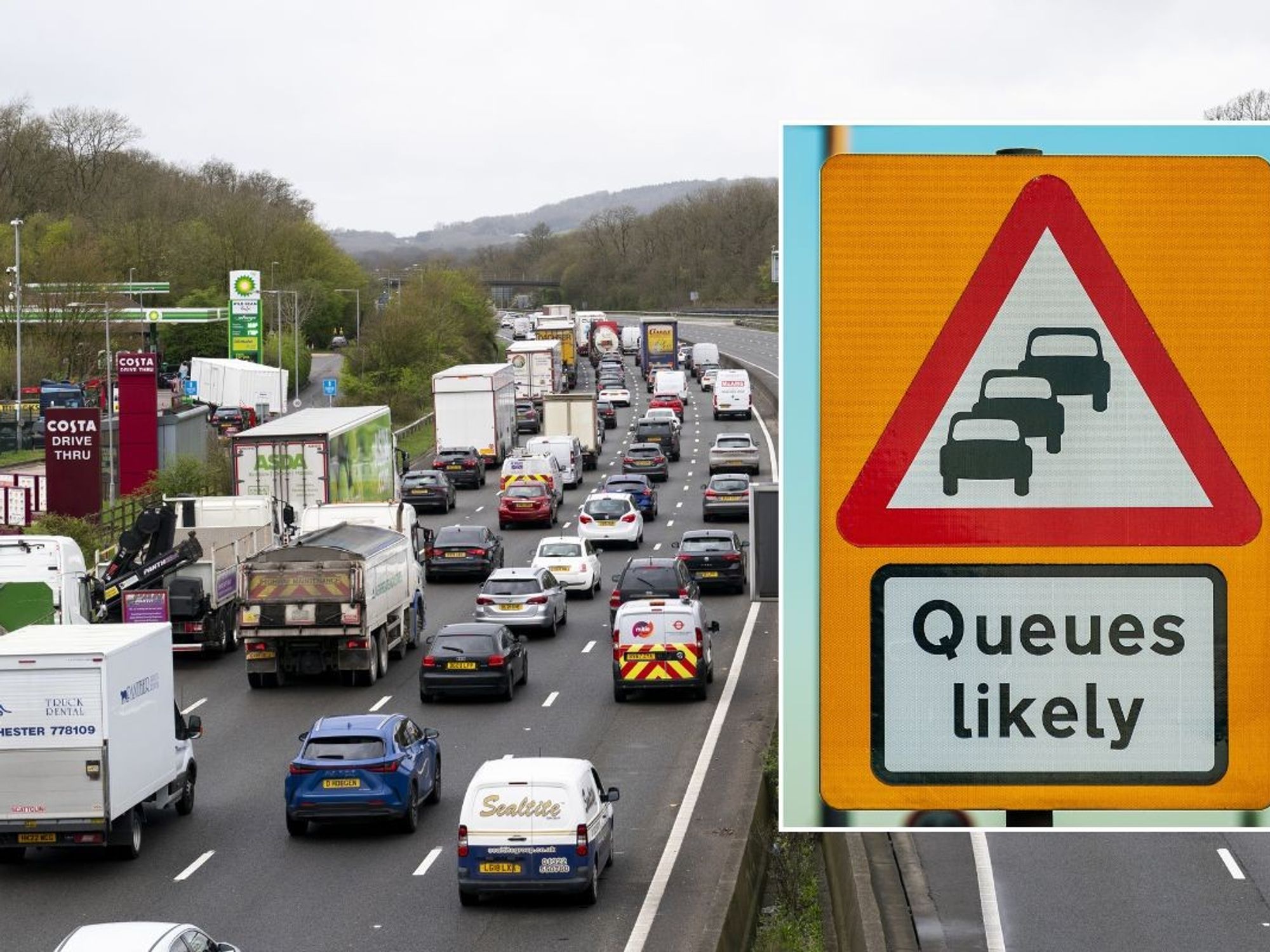The GOV.UK Wallet is expected to be introduced nationwide later this year
Don't Miss
Most Read
Trending on GB News
Britons are divided over the Government's decision to introduce digital driving licences later this year amid fears it could impact elderly motorists.
New research reveals that 49 per cent of Britons support the upcoming changes, while 47 per cent are opposed.
The digital licences will be part of the new GOV.UK Wallet, which is designed to simplify access to Government services and documents. Despite the digital push, physical licences will still be issued for those who prefer them.
The changes come following a Government report that identified £45billion in potential efficiency savings through reforms to public sector technology.
Do you have a story you'd like to share? Get in touch by emailingmotoring@gbnews.uk

Britons are worried about the impact on elderly drivers with the looming introduction of digital licences
GOV.UK/GETTY
The digital transition aims to streamline access to important documents while reducing administrative costs.
Despite the convenience of digital options, 87 per cent of Britons still prefer physical licences.
Almost half of those surveyed expressed concern that the digital service could create issues for older drivers who may struggle with the technology.
A quarter of respondents admitted they preferred the status quo and were reluctant to embrace change.
However, another quarter of Britons believe the changes won't cause any problems and could prove convenient for carrying ID while saving time and money.
Greg Wilson, CEO and car insurance expert at Quotezone.co.uk, commented: "It's fair to say Brits are on the fence when it comes to their opinions on digital driving licences.
"While legitimate concerns are raised for elderly drivers, the changes aren't mandatory, so it does allow those who consider themselves less tech-savvy to continue with a physical licence.
"For those in favour, digital licences offer a secure form of identification, using smartphone security features that most people already have in use."
The UK isn't the first country to embrace digital driving licences, with similar initiatives already operating in Australia, Denmark, Iceland and Norway.
The European Union is taking a broader approach, requiring all member states to develop at least one form of digital identification by 2026.
The new digital technology is designed to enhance security through features already built into modern smartphones, such as facial recognition checks similar to those used for digital banking. These security measures should keep digital documents secure even if a device is lost.
Recent data shows that over one million UK driving licences were reported lost or stolen during a one-year period, costing drivers more than £20million.
LATEST DEVELOPMENTS:

The GOV.UK digital driving licence app will also show tax reminders
GOV.UKWilson added: "The statistics on the number of driving licences lost or stolen in the UK are quite alarming, so it's hoped this innovative step will create significant savings."
"Digital licences could be a big step forward and it will be interesting to see how Brits react once they become available in the summer."









